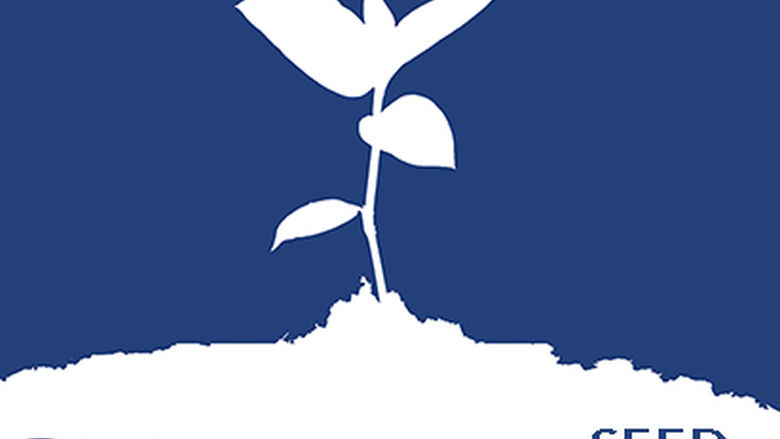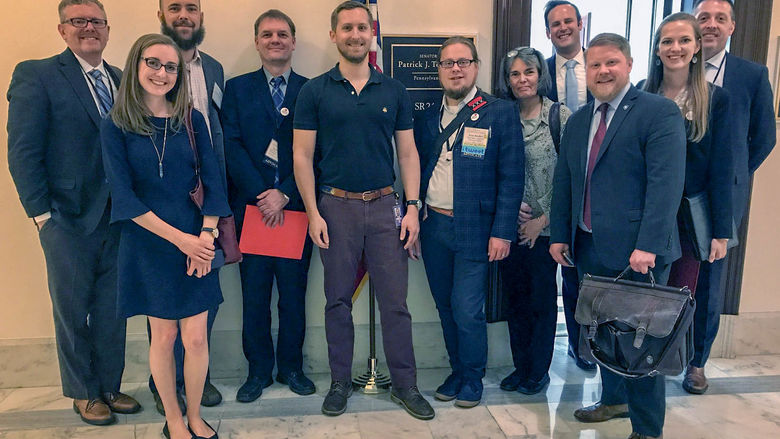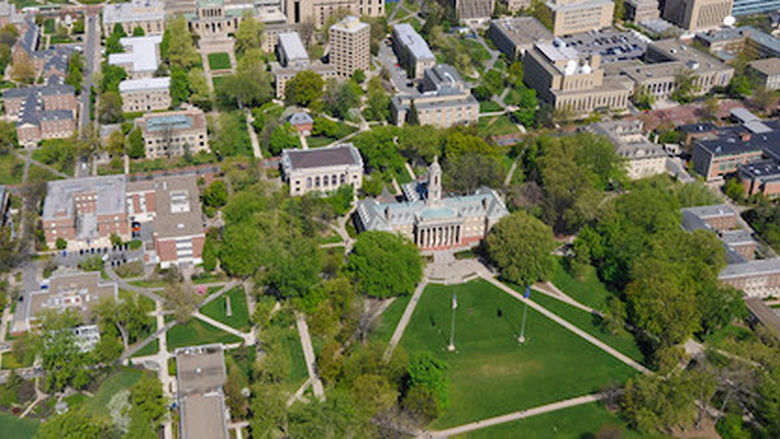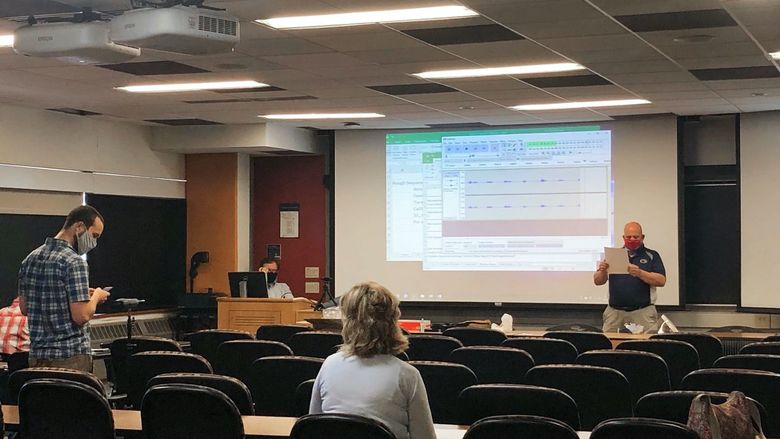UNIVERSITY PARK, Pa. — Based upon early successes, “The Art and Science of Human Flourishing” will be offered as a three-credit course at seven Penn State campuses, and is the focus of a research study evaluating possible outcomes in increased student health and well-being.
To prepare to teach the course, educators from the campuses and the University of Virginia participated in the Human Flourishing Summer Teaching Institute from May 15-17 at University Park.
Robert Roeser, Bennett Pierce Professor of Caring and Compassion at the Edna Bennett Pierce Prevention Center, kicked off the Institute, quoting poet Mary Oliver, “Tell me, what is it you plan to do with your one wild and precious life?” and participants delved into what it means to flourish.
“First, from a practical perspective, the institute provided insight into a basic understanding of human flourishing, how the course is conducted, and strategies for teaching about it, all of which was very helpful. Second, the institute offered a powerful group bonding and connecting experience,” explained Lauren Jacobson-McConnell, associate professor of teaching in human development and family studies at Penn State Altoona.
“Clearly, this experience was about more than just receiving materials to go teach a course. Human kindness shared among the members made it transformational and rejuvenating,” added Suzanne Shaffer, instructional designer for Penn State Teaching and Learning with Technology.
The campuses that will offer the course are Penn State Altoona, Brandywine, Fayette, Greater Allegheny, Mont Alto, University Park and York. It will also be offered again this fall at University Park and included as part of the Learning Edge Academic Program for the first time this summer.
Evaluating outcomes from ‘The Art and Science of Human Flourishing’
“There is a growing body of research around mindset issues and the psychology of belonging that suggest that even small interventions can have a big impact on student success,” said Jeff Adams, associate vice president and associate dean for Undergraduate Education at Penn State.
Penn State, along with the University of Virginia and the University of Wisconsin, is conducting a quasi-experimental, control group study using pre- and post-test data from students to evaluate possible outcomes from the course, including increases in mindfulness, empathy, compassion, meaning and purpose; and aspects of mental health, such as decreases in anxiety and depressive symptoms.
“I believe this is one of those courses that students will always remember — the relationships, the thoughtfulness, how they grew as a human, and I think that’s such an important part of college,” said Margaret Slattery, assistant dean and director of Penn State’s Office for General Education.
“Take the course as soon as you can in your college journey,” recommended Catherine Collison, a former participant. “It teaches so many useful tools for managing stress and anxiety that many, if not most, college students experience. It is definitely not a ‘just for this semester’ type of course. The skills you learn will help you the rest of your life.”
The Institute was funded by Bringing Theory to Practice, with additional support from the Schreyer Institute of Teaching Excellence, Penn State’s Office for General Education, and the Edna Bennett Pierce Prevention Research Center.




